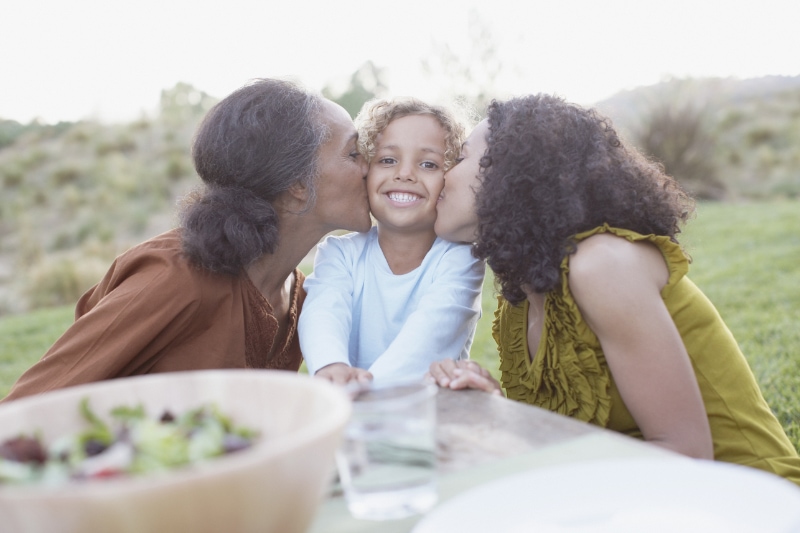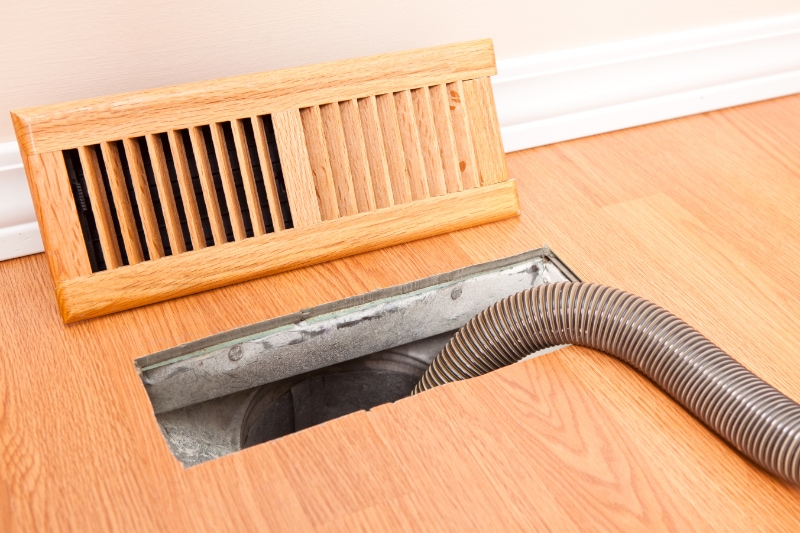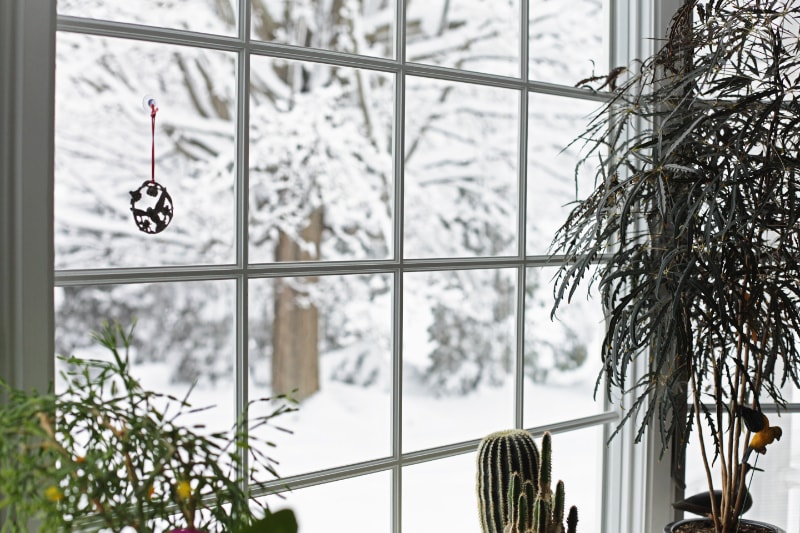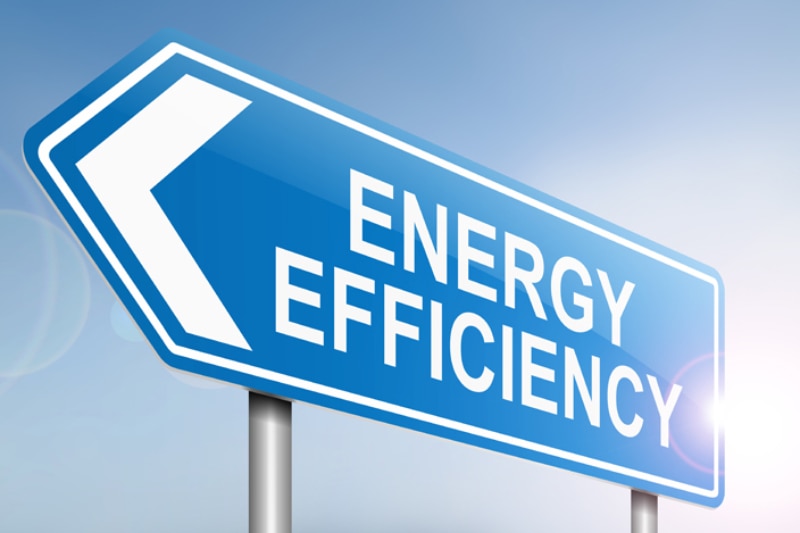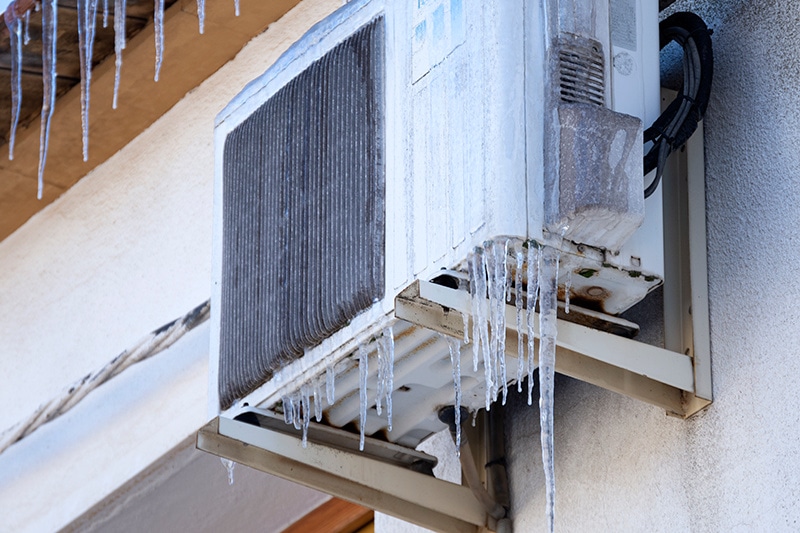News
Heat pumps provide heating and cooling capabilities—there’s no need to supplement your heat pump with an air conditioner.
Continue ReadingJust like your lungs are an important connection to the rest of your respiratory system, your home’s ductwork, or air ducts, are importantly connected to your heating, ventilation, and air conditioning (HVAC) system. For your HVAC system—and your lungs—to perform at peak level, the numerous airways need to be open and clear. All in the name of breathing properly.
Continue ReadingSo, you’re thinking about upgrading your Washington heating and cooling system. Have you ever heard of dual fuel?
Continue ReadingAre you anticipating a higher heating bill this winter? Here in Longview, temperatures can get pretty low. The only way to ensure you remain perfectly comfortable inside your Washington home is by cranking up the heat.
Continue ReadingLooking for a way to cut down on some of your La Center, Vancouver, Longview business expenses? Decrease your energy usage and save money each month.
Continue ReadingIf you are in the market for a new heat pump, efficiency is probably a key factor in your search. The Air Conditioning, Heating, and Refrigeration Institute (AHRI) has a universal ranking system for heating and cooling units that serves to help.
Continue ReadingOur team at ENTEK Corporation regularly gets calls about frozen heat pumps. Though common, a heat pump freeze-up usually means your system’s components are not working correctly. Sometimes you can fix it yourself. But oftentimes, you will need to call a heating, ventilation, and air conditioning (HVAC) professional, like us, as the problem may require a part replacement or complex repair.
Continue ReadingAre you a dependable person who likes helping out others? Do you enjoy problem-solving and finding solutions for large and small challenges in your job?
Continue ReadingAll commercial heating, ventilation, and air conditioning (HVAC) systems need care in the cooler months to keep them running efficiently. This affects your bottom line positively, as efficient HVAC systems cost less to operate all the way around. But it’s especially important for commercial rooftop systems to receive fall and winter care, since they’re exposed to the great outdoors in Longview where Mother Nature can throw curveballs their way.
Continue ReadingChoosing the right heating, ventilation, and air conditioning (HVAC) system for your La Center, WA home is crucial to ensure comfort, energy efficiency, and cost-effectiveness.
Continue Reading
